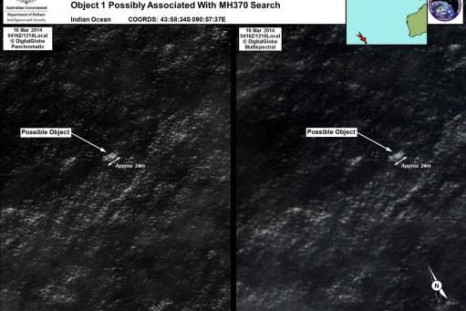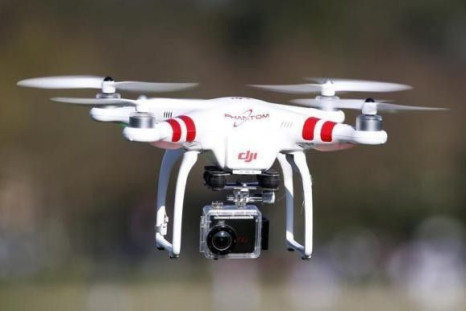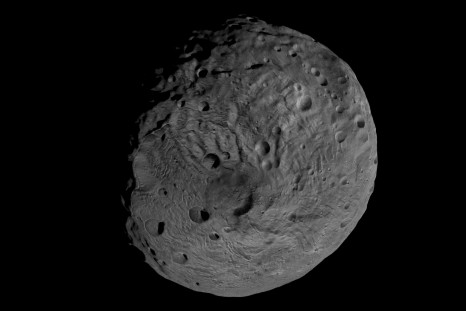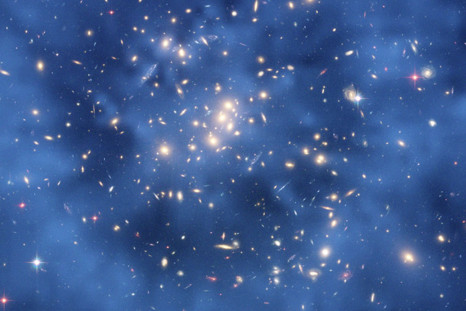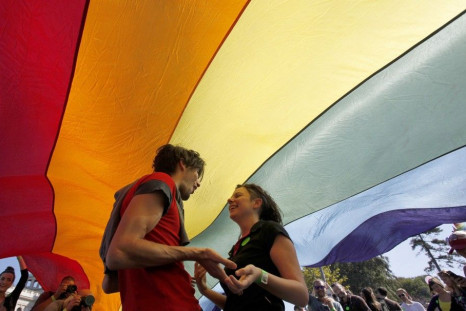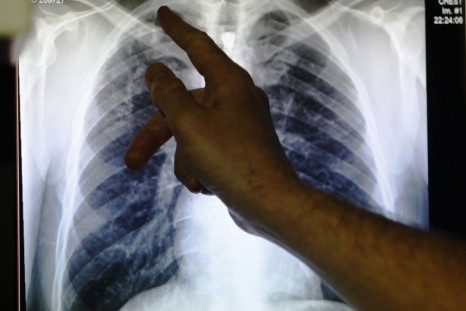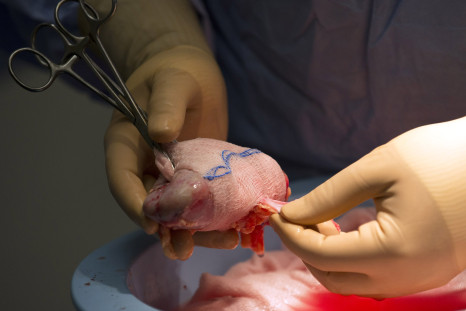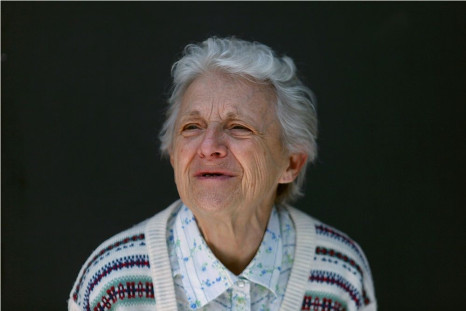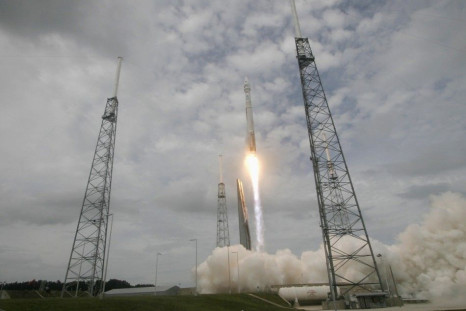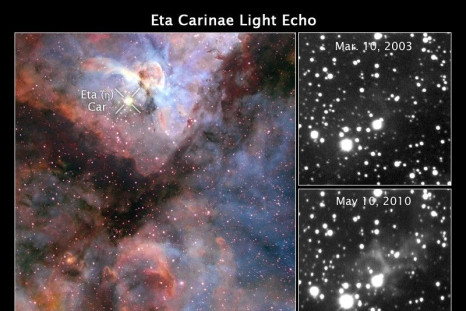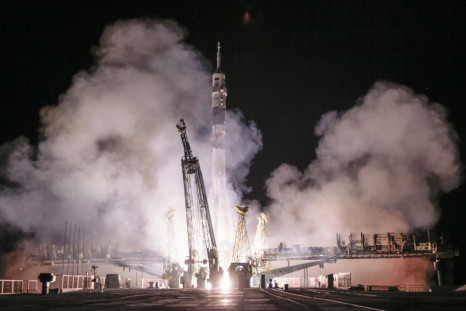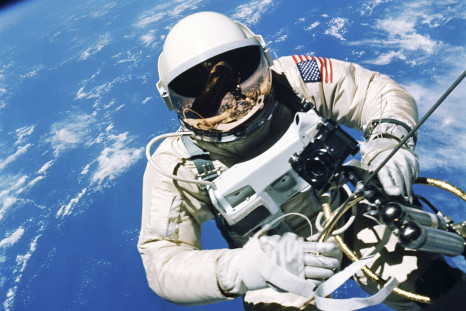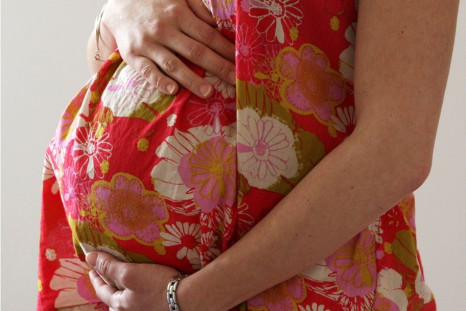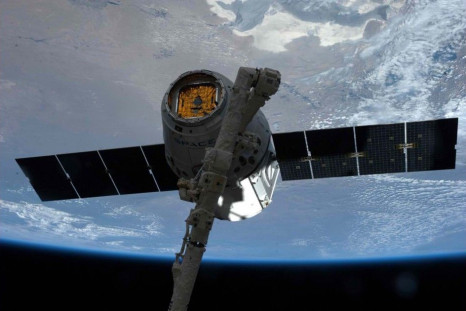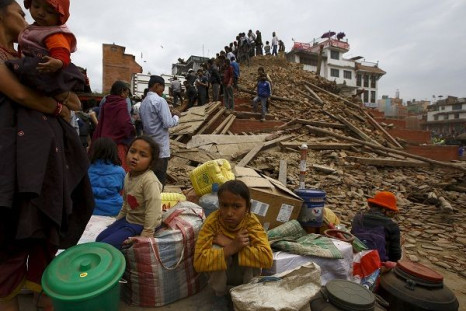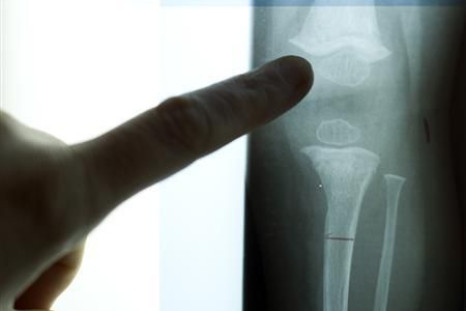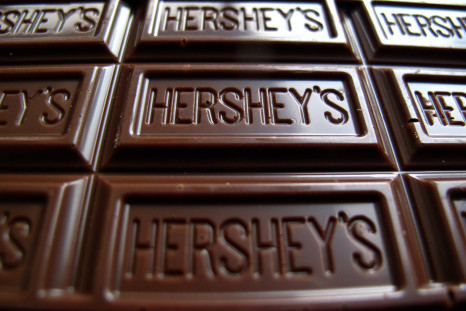More From RENU RANGELA
Indian Ocean space debris traced to NASA's 1998 lunar mission
Researchers have traced the space debris that fell into the Indian Ocean in November 2015 to NASA’s 1998 lunar mission.
Jan 15, 2016
India to use space technology and drones to monitor its highways
The Indian government has decided to leverage space technology and drones to monitor and manage its national highways and road assets.
Jan 15, 2016
Space is under the threat of becoming a battleground for mining companies
Space could actually become a battleground for mining companies that venture into the deep space.
Jan 15, 2016
Dark matter is creating waves at the edge of Milky Way
New research shows that dark matter could be creating waves at the outer edges of the Milky Way.
Jan 14, 2016
Scientists use copper technique to uncover French queen Marie Antoinette's torrid love affair
Scientists have used the copper technique to find secret passages in Marie Antoinette’s letters to prove that she had a torrid love affair with Axel de Fersen.
Jan 14, 2016
Human body expands to include partner’s body in a tango dance, suggests study
There is a scientific basis behind the body of one person appearing to become an extension of another in a tango dance.
Jan 14, 2016
Implanted coils can cure a few types of lung diseases, reveals new study
Inserting small metal alloy coils into the lungs can cure some forms of lung diseases, suggests a new study.
Jan 14, 2016
Bioarchaeologist studies 1,500-year-old amputation wound
The amputation wound on the skeletal remains of an Austrian who died in the 6th century A.D shows an interesting medical history.
Jan 14, 2016
Independent study says ISIS may be experimenting with chemical weapons for attacks on confined spaces
An ex-FBI official has warned that ISIS could be experimenting with chemical weapons for use in confined spaces such as shopping malls and movie theatres.
Jan 13, 2016
Scientists build movie theatre for insects
Weird as it may sound, scientists have actually built the world’s first cinema meant only for insects.
Jan 13, 2016
New research links common heartburn drugs and kidney damage
The proton pump inhibitors commonly used to treat heartburn may lead to long-term kidney damage, according to a new study.
Jan 13, 2016
Life on Earth made possible by giant planets like Jupiter and Saturn
Life on the Earth is possible only because the giant Jupiter and Saturn planets helped stabilise the solar system, suggest new simulations.
Jan 13, 2016
Hormones dictate why men and women respond differently to chronic stress
A new scientific research has found a common stress hormone responsible for women’s inability to cope with chronic stress.
Jan 13, 2016
New images show 'giant snail' and 'lava lamp' on Pluto
The dwarf planet Pluto continues to tantalise the world with new discoveries, the latest being a 'giant snail’ and a 'lava lamp’ on its surface.
Jan 13, 2016
World's only commercial spaceport gets a facelift to offer visitors a better outer space experience
Spaceport America has a new venue and event brand that promises visitors a more exciting experience of the outer space.
Jan 12, 2016
NASA team discovers mega star Eta Carinae's 5 twins, each 100 times bigger than the Sun
A NASA team has found five twins of the massive Eta Carinae star, and each of them is 100 times bigger than the Sun.
Jan 12, 2016
Russia to cut down funds for International Space Station
Russia plans to reduce its funding for the International Space Station over the next 10 years.
Jan 12, 2016
Diabetes increases the risk of dementia by 60%
People with diabetes have a 60 percent higher chance of developing dementia, suggests a new Australian research.
Jan 12, 2016
Space tourism triggers interest in health risks and medical emergencies in space
With space tourism set to become a reality, medical experts are studying the various health risks associated with it, as well as the ways to tackle medical emergencies in space.
Jan 11, 2016
Scientists use 3D printing to recover historic landmarks destroyed by ISIS
3D printing is being used by experts to recover several historic landmarks destroyed by the ISIS terror outfit.
Jan 11, 2016
Environmental damage caused by ISIS attack on Libya captured by NASA from space
From space, NASA satellites have captured the environmental damage caused by ISIS attack on oil facilities in Libya on Jan. 4-6, 2016.
Jan 11, 2016
Chinese women resort to drastic measures to delay delivering babies to evade hefty fines under one-child rule
Several Chinese women decided to resort to desperate measures to evade penalty under the country’s decades old one-child policy, which ended on Dec. 31, 2015.
Jan 11, 2016
Fungus attacks plants aboard International Space Station
Fungus attacks are no longer confined to the Earth. NASA recently reported fungus attacks on plants on its International Space Station.
Jan 11, 2016
Scientists warn of imminent threat from supervolcanoes that could kill millions
European scientists have warned that the world faces an imminent threat from a supervolcano erupting and killing millions of people, thus devastating the Earth.
Jan 08, 2016
Scientist claims Indian God was the world’s first environmentalist
An Indian scientist claims that Lord Shiva, a god revered in his country, was the world’s first environmentalist.
Jan 08, 2016
Too much vitamin D is bad for the health, can increase falls and fractures
Vitamin D, which is used to strengthen bones and prevent fractures in older patients, can actually increase the risk of fractures and falls, suggests a new study.
Jan 08, 2016
Pizza boxes are not safe, rules FDA
According to the US Food and Drug Administration, chemicals used in pizza boxes are bad for health.
Jan 08, 2016
ISIS is making heat-seeking missiles and car bombs
The ISIS terror labs are reportedly building advanced weapons, including heat-seeking missiles and car bombs.
Jan 07, 2016
Science can help find if North Korean test was really an H-bomb
As defence experts raise doubts about the North Korean test being a Hydrogen bomb, a leading forensic seismologist says science could tell if it was really so.
Jan 07, 2016
Coffee, beer, wine and chocolate may become extinct due to climate change
Climate change poses an extinction threat to some of the popular foods, including wine, beer, coffee and chocolate.
Jan 07, 2016
Pages
- 1
- 2
- 3
- 4
- NEXT


